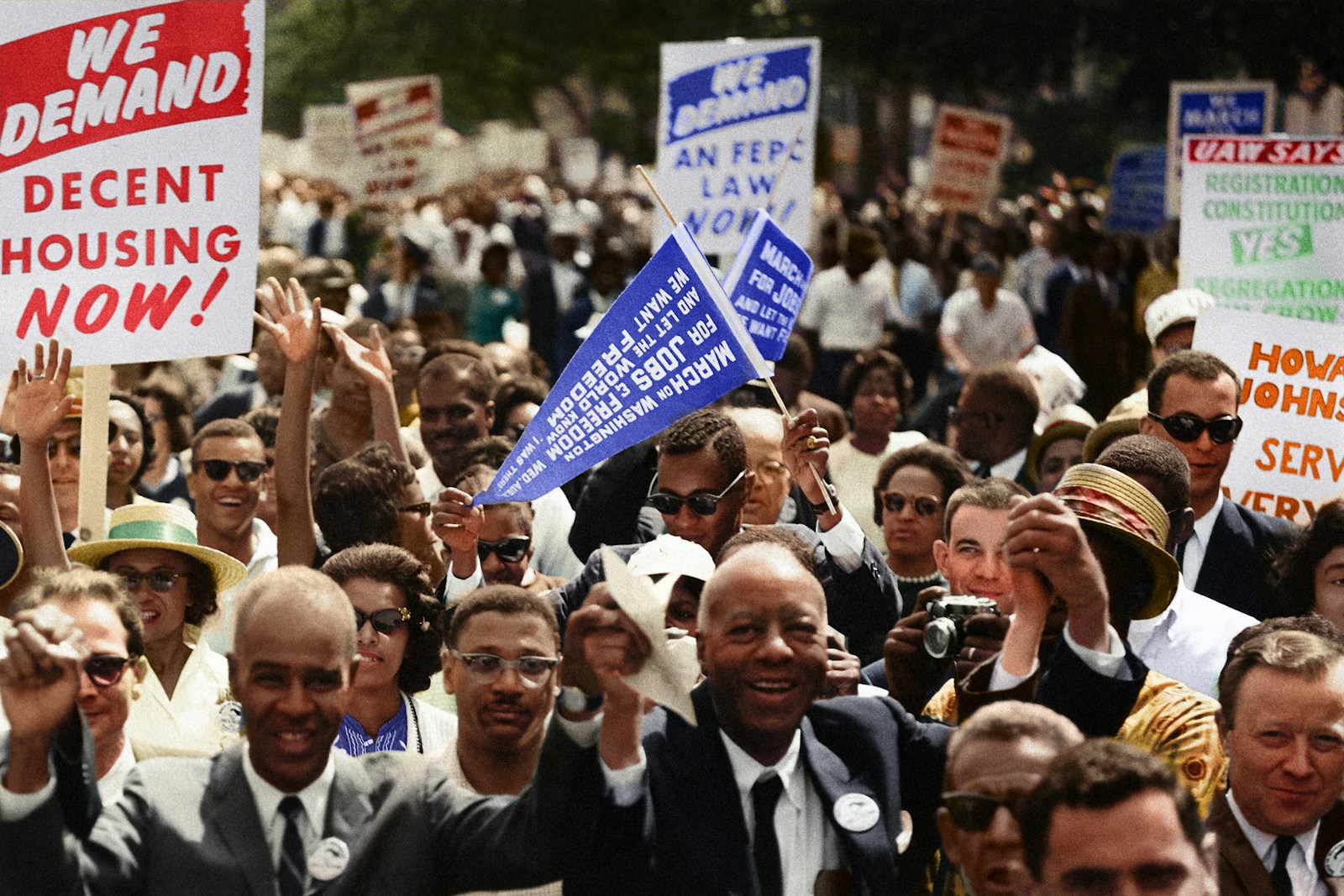DA ANC coalition: Les tensions internes liées à UPDF Retirement
Le processus de UPDF Retirement a suscité un large débat au sein de la société ougandaise. Pour certains, il représente une étape nécessaire afin de moderniser les forces armées et d’introduire de nouvelles compétences. Pour d’autres, il soulève des inquiétudes sur la perte d’expérience opérationnelle et le départ de figures militaires respectées qui ont marqué l’histoire récente du pays.
DA ANC coalition: L’impact socio-économique du UPDF Retirement
Au-delà de l’aspect militaire, le UPDF Retirement a également des répercussions économiques importantes. La réinsertion professionnelle des soldats retraités devient un défi majeur, nécessitant des programmes de formation, d’accompagnement et de soutien financier. Sans ces mesures, de nombreux anciens combattants risquent de se retrouver en difficulté face à un marché du travail déjà saturé.
DA ANC coalition: Les cérémonies et leur symbolique
La cérémonie officielle marquant le UPDF Retirement a été un moment fort, chargé d’émotion et de symbolisme. Elle a permis de rendre hommage au service et au sacrifice de centaines de soldats, tout en rappelant l’importance du devoir envers la nation. Cependant, cette célébration cache aussi des réalités plus complexes sur les raisons et les conséquences de ce départ massif.
DA ANC coalition: Political Consequences of Continued Support
The DA must stop backing ANC not only to protect its political identity but also to maintain credibility with its voter base. Over the past few years, voters have grown increasingly frustrated with the blurred lines between opposition and government, especially when parties enter coalitions that compromise their principles. Remaining tied to the ANC risks alienating supporters who expect the DA to hold the ruling party accountable rather than enable its policies. A clear break would send a strong signal that the DA stands for reform and transparency, rather than political convenience.
DA ANC coalition: Public Perception and Electoral Impact
Public opinion data shows that when opposition parties like the DA form alliances with the ruling ANC, trust levels among core supporters drop significantly. The DA must stop backing ANC if it hopes to rebuild a reputation as a true alternative in South African politics. Continued cooperation could be perceived as an endorsement of ANC’s governance record, including controversial decisions and scandals that have eroded public trust. By returning to the opposition benches, the DA would be able to mount stronger, more independent criticism and differentiate itself from the ruling party in the eyes of the electorate.
DA ANC coalition: Strategic Opportunities Moving Forward
Breaking away from the coalition opens up strategic opportunities for the DA to strengthen its grassroots networks, sharpen its policy platform, and present itself as the leading force for political change. The DA must stop backing ANC to leverage disillusionment among voters who are seeking a credible alternative. This shift could also attract undecided voters and smaller parties looking for a principled partner in forming future governance structures. By stepping back into the role of a vigilant opposition, the DA could position itself as the voice of accountability and reform in the run-up to future elections.
The ongoing political tension between the Democratic Alliance (DA) and the African National Congress (ANC) has reached a critical juncture, prompting calls from many political observers and citizens alike for a major shift in strategy. The argument that DA must stop backing ANC is not just a partisan talking point—it is becoming a national conversation about accountability, governance, and the preservation of democratic principles.
For months, the coalition arrangement has been justified as a means of stability, but stability without meaningful reform risks entrenching the very problems South Africans are desperate to overcome. As economic challenges mount and corruption allegations continue to surface, more voices are urging the DA to take a principled stand and distance itself from the ANC’s failures.
Those who argue that DA must stop backing ANC often point to the growing perception that the DA’s involvement in the coalition is enabling poor governance rather than correcting it. The ANC, despite promises of renewal, remains mired in internal conflicts, policy inconsistencies, and a track record of mismanagement that spans decades.
By remaining in coalition, the DA risks being perceived as complicit in these shortcomings. This is especially damaging to its image as a party committed to transparency, economic reform, and the fight against corruption. For the DA to maintain credibility, it must evaluate whether continued cooperation aligns with its core principles or if it is simply prolonging the ANC’s hold on power without delivering real benefits to the people.
Beyond political optics, there are practical governance concerns fueling the demand that DA must stop backing ANC. While the coalition was initially framed as a way to ensure smoother policymaking and prevent political deadlock, the reality has been far more complex. Policies that could drive growth, tackle unemployment, and address crime have often been watered down or stalled due to conflicting priorities between the two parties.
The DA’s ability to influence decisions has been limited, leading critics to question whether the compromises made are worth the diminishing returns. In the eyes of many, it is better for the DA to step away, reclaim its position as a strong opposition, and hold the ANC accountable without being tethered to its political baggage.
DA ANC coalition: The Public’s Growing Frustration
Public sentiment is increasingly aligning with the idea that DA must stop backing ANC. Many citizens believe that the DA’s credibility is eroding the longer it remains tied to the ANC’s governance record, which has been marked by persistent issues such as corruption, economic stagnation, and inadequate public service delivery. Recent surveys indicate that voter trust in the DA could further decline unless the party reasserts its independence and takes a firm stand against policies that conflict with its stated principles.
Potential Political Ramifications
The decision on whether the DA must stop backing ANC is more than a matter of political positioning—it could redefine the party’s role in South Africa’s democratic landscape for years to come. A withdrawal from the coalition would send a strong signal to both supporters and opponents that the DA is committed to its original mission of accountable, transparent governance. However, such a move carries risks, including potential instability in municipalities where coalitions are the only alternative to ANC dominance.
Conclusion: Time to Choose a Side
In the end, the debate over whether the DA must stop backing ANC is a test of political courage. By continuing to align with the ANC, the DA risks alienating its core supporters and undermining its future electoral prospects. Conversely, stepping away from the coalition could reinvigorate the party’s base and restore public trust. For an in-depth analysis of the political implications of coalition governance in South Africa, you can read this external report on coalition politics. For related coverage on local political developments, see our Politics section on Voice Mauritius News.




